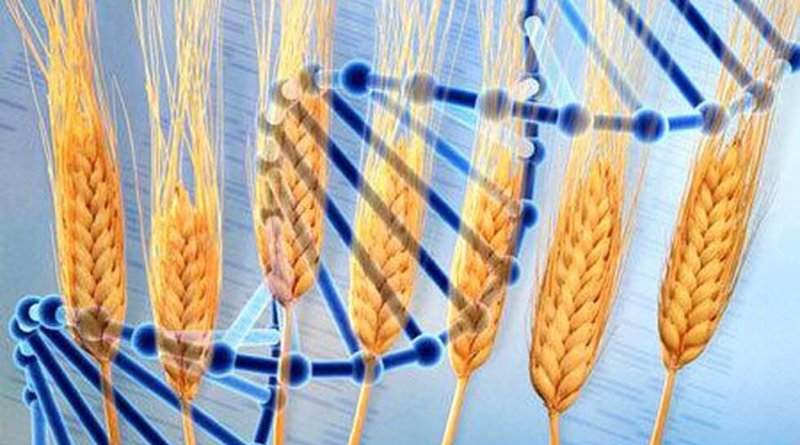Last November, the 10+ Genome Project and its international team of researchers were hailed for their role in sequencing the genomes of 15 wheat varieties from around the world. It was an astounding accomplishment with great potential for cereal breeding, particularly for a sector that struggles to keep up with the investments being made in corn or soybeans.
Now, that research is being fed into the 4DWheat project, which aims to apply the latest genomic strategies to boost yields and reduce disease losses.
Among its many applications, gene editing enables a faster and more efficient conversion of alleles once considered undesirable into desirable ones, and using CRISPR/Cas-based technologies can result in a range of DNA edits synonymous to those found in natural populations.
That’s a huge asset for cereal breeding which hasn’t seen the same levels of investment as corn, soybeans or canola, mostly because of the complexity of the wheat genome and regulatory barriers. It also means more potential for incorporating desirable traits from so-called wild relatives.
“Genetic variation is the most essential component for any breeding program to develop crop varieties with improved yield, quality and disease resistance,” says [researcher Dr. Sateesh] Kagale.































